V&A Waterfront
An inner-city, high-end commercial waterfront development committed to economic and corporate sustainability initiatives.

Mark Swilling
Principal Investigator / Research Supervisor
He is the programme Coordinator of the Sustainable Development Programme in the School of Public Leadership; the Academic Director of the Sustainability Institute; and the Co-Director of the Stellenbosch Centre for Complex Systems in Transition. The primary research focus of his career can be defined as ‘societal transitions’ within the wider discipline of sustainability science and governance, with a particular contextual focus on urban sustainability.

Lourens Swart
Master's Student
Research Fellow at Stellenbosch University’s Centre for Sustainability Transitions (CST), a position which he began after completing an MPhil in Sustainable Development (cum laude) while working at the Western-Cape Economic Development Partnership (WCEDP) as an embedded researcher and lead of the V&A case study.


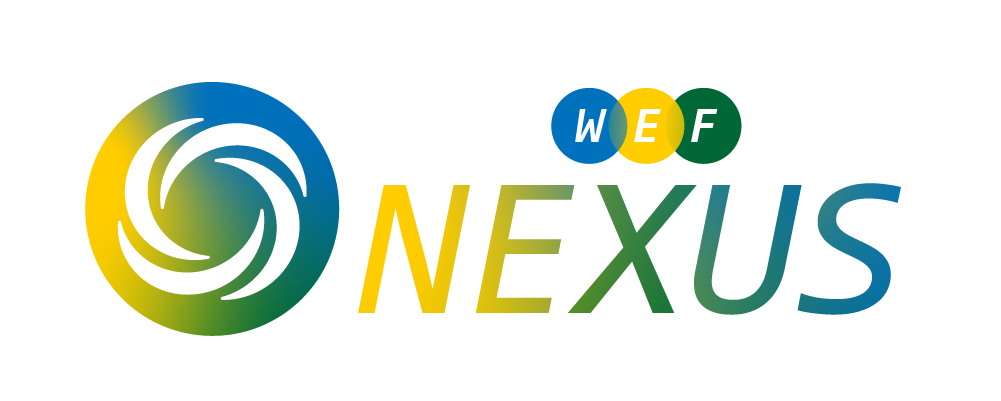
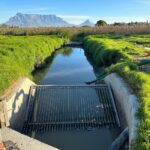

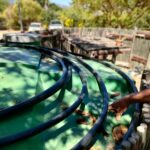
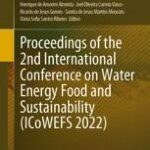
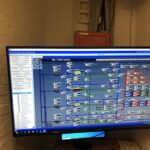


 © 2023 All rights reserved.
© 2023 All rights reserved.

